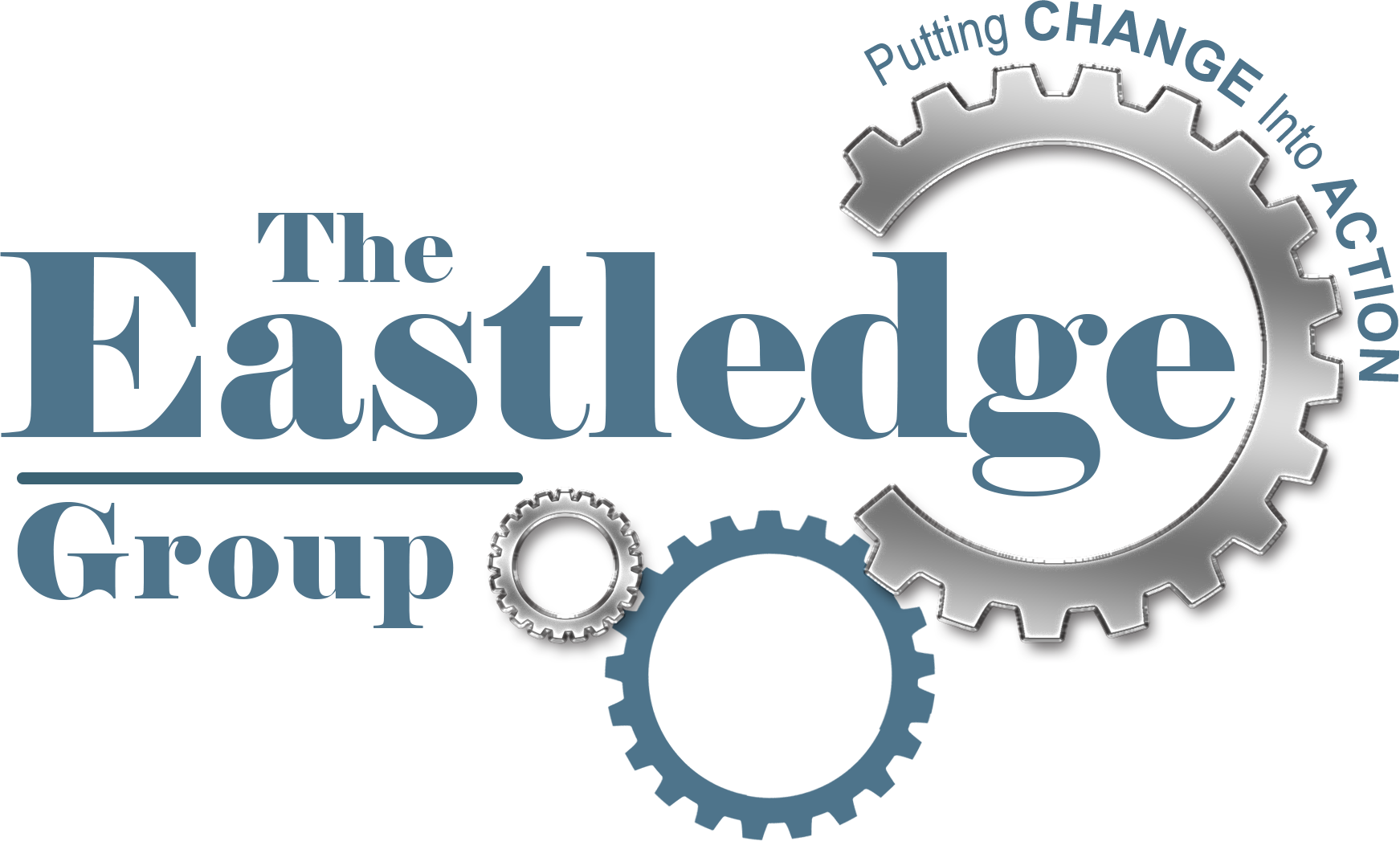The Silent ‘E’: Why Equity Deserves More Focus in the Workplace
As we end another annual celebration of Black History and turn our attention to Women’s History Month, we must continue to examine the many ways in which marginalized groups are denied access to resources that empower them to not only survive, but also thrive. In the wake of increased national conversation around hot-button issues ranging from race and policing to gender-based pay gaps to affordable healthcare, countless organizations have appeared eager to cultivate and support a diverse workforce by publicly embracing diversity, equity, and inclusion (DE&I) efforts. Yet upticks in training opportunities and available leadership roles in DE&I have not translated to tangible, sustainable gains for the employees whose voices remain most likely to go unheard, nor have they moved the needle for underserved communities still grappling with insufficiencies that were only exacerbated by the coronavirus pandemic.
Acknowledging our many differences and then working to create safe, welcoming spaces for people to express their identities—the diversity and inclusion pieces of DE&I—may prove challenging or uncomfortable at times, but these actions come much easier to us than building equity into our workplaces and society at large. Diversity and inclusion afford us opportunities to display some of the best parts of ourselves and our companies; they are chances for us to highlight additions to our teams who identify as Black, Indigenous, and people of color (BIPOC), to invite folks to our antiracism book clubs, or to encourage collaboration and sharing of ideas, which all help move the DE&I needle forward. Equity, however, forces us to confront the personal and institutional barriers that bar certain groups from success solely because of their differences. Unlike diversity and inclusion, equity requires that we examine our privilege and our most prevalent beliefs so that we consider how others experience the world around us.
For instance, many of us continue to espouse the American Dream, the idea that any one of us, regardless of background, can realize our version of success if we embrace hard work and self-reliance. We use the American Dream to separate ourselves from other nations, upholding our government as a true and free democracy and thus a model for the rest of the world. Yet, despite our national ethos, we’re contending with the following:
· While women comprise roughly half of the U.S. population, only 8.2% of Fortune 500 companies are helmed by female CEOs.
· In 2020, only five Fortune 500 companies—meaning 1% of all Fortune 500 companies—were run by Black CEOs.
· Female, Black, and Latinx workers have experienced more instances of wage and employment loss during the pandemic than their male and white counterparts.
· Minorities are less likely to graduate with college degrees and therefore less likely to increase their lifetime earning potential; however, they are more likely to struggle with lingering debt and high interest rates from student loans.
These statistics, representing a mere fraction of the systemic disparities impacting U.S. workers, undermine equal access to the American Dream, which is what equity is all about. Equity, the key to ensuring we all have what we need and deserve in order to progress in the workplace and beyond, gets lost in our inability to face our own mythos about eqalitarianism.
Another challenge to shifting more of our DE&I work to focus on equity lies in our tendency to confuse equity with equality. Equality, which ensures that everyone has the exact same resources, corroborates our national story. Easier to achieve than equity, equality can actually worsen conditions for underrepresented groups because it does not recognize their unique needs and circumstances—just as the “separate but equal” doctrine regarding segregated public education, neglected the unique needs of Black students and stayed silent on the racial injustices impacting their lives. Equity, on the other hand, involves a more holistic approach to seeing people, their differences, and the root causes of the injustices against them in order to equip people with the resources they need to enjoy fair outcomes in the workplace, healthcare, education, the criminal justice system, and all other facets of life.
An organization committed to diversity and inclusion will conduct a talent search for BIPOC or female leadership. An organization committed to equity will question the lack of such leadership within their organization and then work to determine how it can change its workplace practices to ensure all hires have more than just a “proverbial” chance to become a key decision-maker or CEO.
In the coming weeks, The Eastledge Group will open the conversation on equity and how we can bring it to the forefront of DE&I. Among other topics, we’ll examine the need for workplace trainings that include, but also reach beyond unconscious bias, determine action steps to achieve workplace and/or community equity, and explore how inequity impacts certain industries, primarily healthcare. We invite your questions, comments, concerns, and allyship as we strive to improve outcomes for all people.

